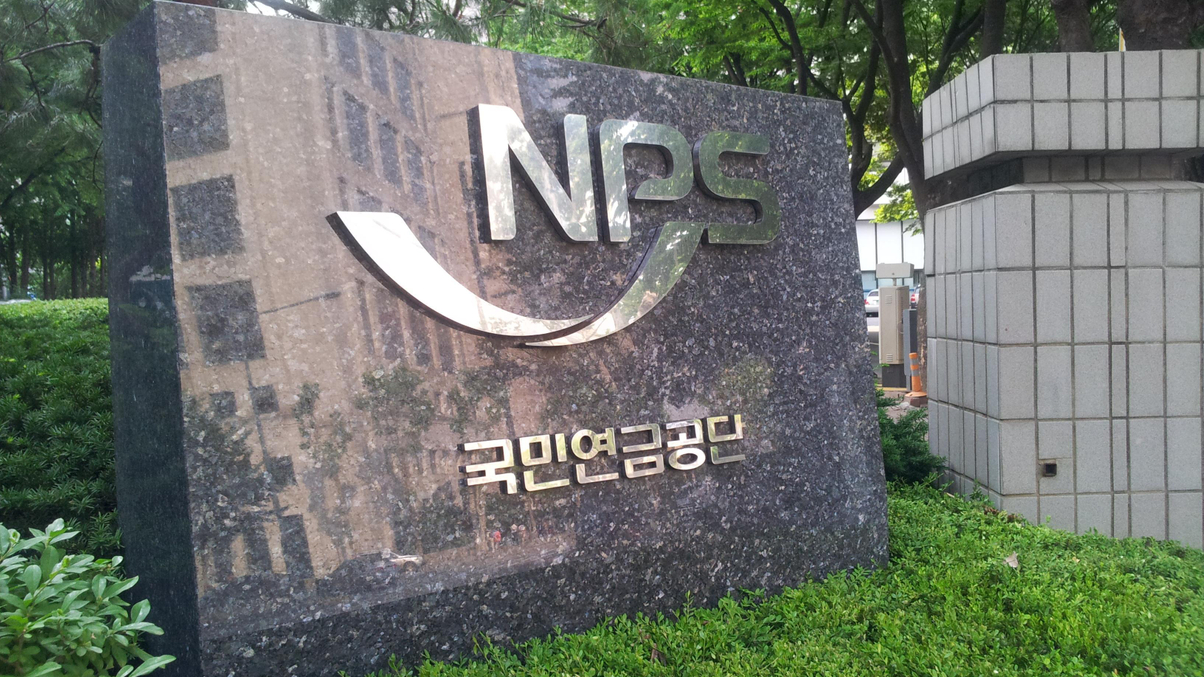NPS joins GIC and other big investors in climate group
South Korea's National Pension Service and Singapore's GIC have signed up to the Asia Investor Group on Climate Change as momentum builds on sustainability issues.

South Korea's biggest state pension fund has signed up to join the Asia Investor Group on Climate Change (AIGCC), joining Singapore sovereign wealth fund GIC and other large asset owners, with more expected to follow suit. These moves signal a fast-rising focus on environmental risks among the region's most influential investors.
Sign in to read on!
Registered users get 2 free articles in 30 days.
Subscribers have full unlimited access to AsianInvestor
Not signed up? New users get 2 free articles per month, plus a 7-day unlimited free trial.
¬ Haymarket Media Limited. All rights reserved.


